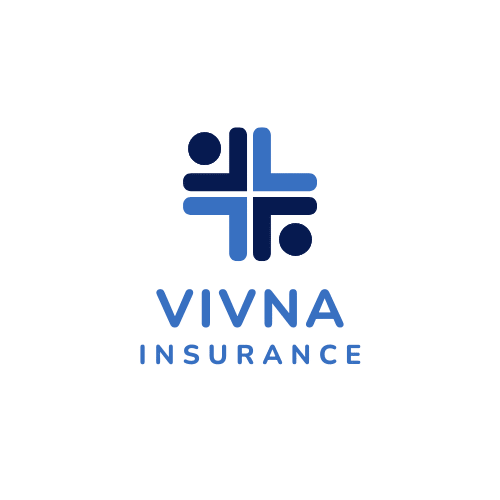Can I Buy Health Insurance Coverage After Open Enrollment Ends?
Many people wonder if they can buy health insurance after Open Enrollment ends, and the answer is often yes—because several options remain available even outside the traditional enrollment window. When you understand how to buy health insurance after Open Enrollment ends, you can avoid gaps in coverage and protect both your health and financial stability.
Special Enrollment Periods Provide Additional Opportunities
One of the most important ways to buy health insurance after Open Enrollment ends is through a Special Enrollment Period. Because life events—such as losing employer coverage, moving to a new state, getting married, or experiencing certain qualifying changes—trigger eligibility, many individuals can enroll at times they least expect. You can easily explore these options through Marketplace ACA Quotes, which help you compare plans quickly and efficiently.
Additionally, if you recently lost employer-sponsored coverage, you may qualify immediately for new enrollment. Although COBRA is an option, it is often far more expensive. Therefore, comparing ACA plans or private coverage through Vivna Health Insurance helps you secure more affordable alternatives without sacrificing benefits.
Private Health Insurance Plans Available Year-Round
Unlike ACA Marketplace plans, private health insurance can be purchased year-round, which makes it a strong solution if you missed Open Enrollment. Vivna works with trusted partners such as UnitedHealthcare, ensuring that you have access to high-quality options even outside enrollment windows. Because private plans vary widely in cost and coverage, comparing multiple carriers helps you find the perfect match.
Furthermore, year-round private plans often include predictable pricing, flexible deductibles, and strong provider networks. You can explore a variety of options through Vivna Insurance, as well as link to specialized quoting tools including Pivot Health, Aflac Health Quote, and Oscar Health Quote.
ACA Marketplace Plans and Subsidy Opportunities
If you qualify for a Special Enrollment Period, you may still enroll in ACA Marketplace plans, which are offered through HealthCare.gov. Because these plans may include subsidies, you could pay significantly less for monthly premiums. Subsidies are income-based and can reduce costs dramatically, making healthcare more accessible for individuals and families.
In addition, ACA plans cover pre-existing conditions with no exclusions. This makes them particularly valuable for individuals with ongoing health needs. You can conveniently compare options and estimate costs through Marketplace ACA Quotes.
Alternative Options When Enrollment Windows Are Closed
When you cannot enroll in ACA plans, private coverage provides a reliable solution. Additionally, supplemental coverage options—including accident, critical illness, hospital plans, and other protective products—can complement your core medical insurance. You can explore supplemental benefits through Vivna Supplemental Insurance.
Furthermore, a number of individuals choose flexible insurance plans that offer year-round access and rapid approvals. Because these plans can be tailored to your needs, they offer strong protection even without a qualifying event. Reviewing your options with a licensed agent ensures you make informed decisions.
FAQ
Can I buy health insurance after Open Enrollment ends?
Yes. You can purchase coverage if you qualify for a Special Enrollment Period or choose private year-round plans. Additionally, marketplace options remain available after certain qualifying events. Compare your choices through Vivna Health Insurance.
Is COBRA my only option?
Not at all. Although COBRA allows you to keep your previous employer plan, it is often more expensive. Therefore, reviewing ACA and private options through Marketplace ACA Quotes can help you find more affordable alternatives.
Do private plans offer strong coverage?
Yes. Private plans can include full medical benefits, flexible deductibles, and strong provider networks. You can also compare partner plan options from UnitedHealthcare, Pivot Health, and Oscar Health Quote.
What if I want additional coverage?
You can add supplemental protection such as accident plans, critical illness coverage, or hospital benefits. Learn more at Vivna Supplemental Insurance.
Contact Us
If you want expert help understanding how to buy health insurance after Open Enrollment ends, our licensed Vivna agents are here to guide you. Call 888-730-6001 or visit the Vivna Contact Us page. Additionally, compare fast quoting options through Pivot Health, Aflac, and Oscar Health.

